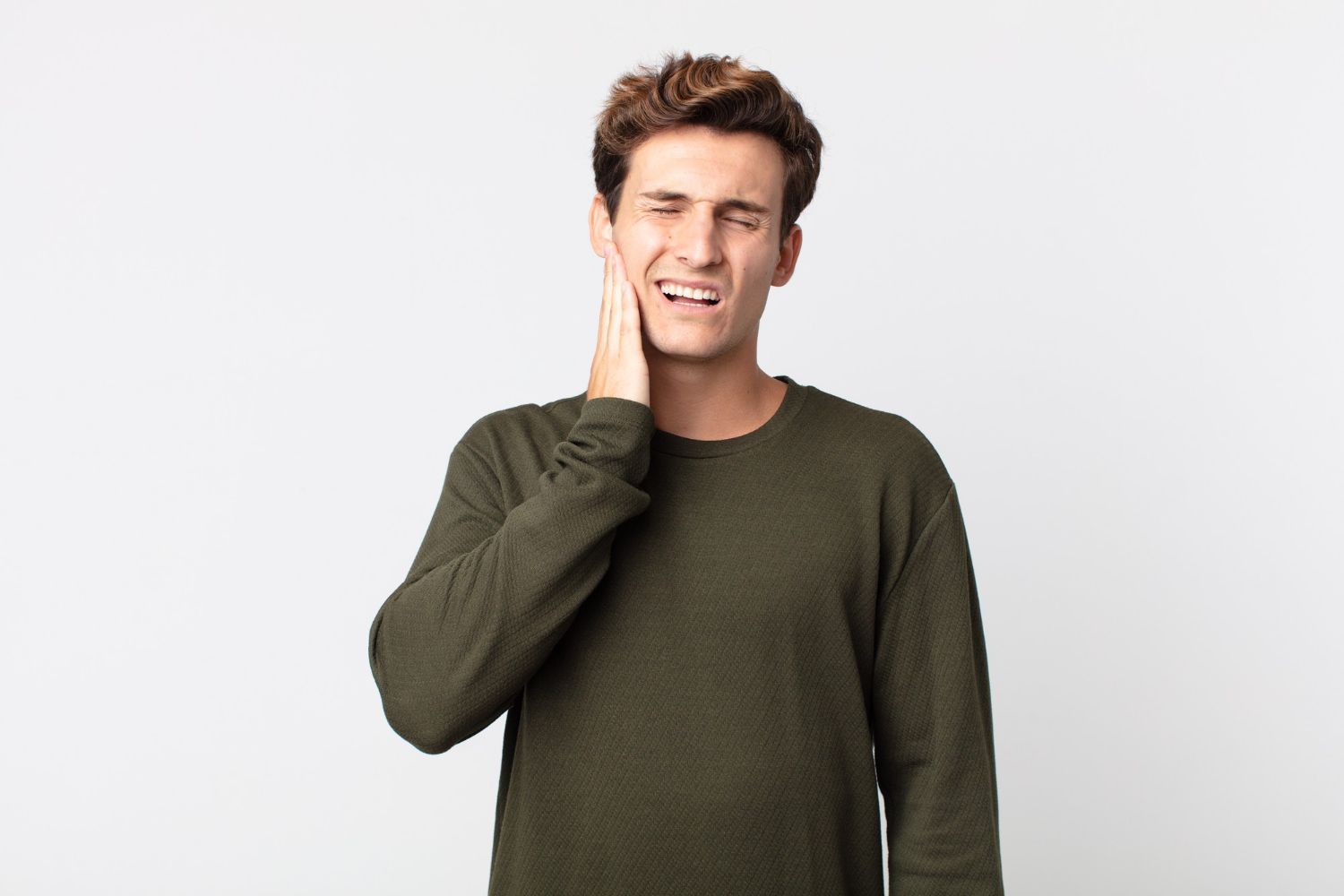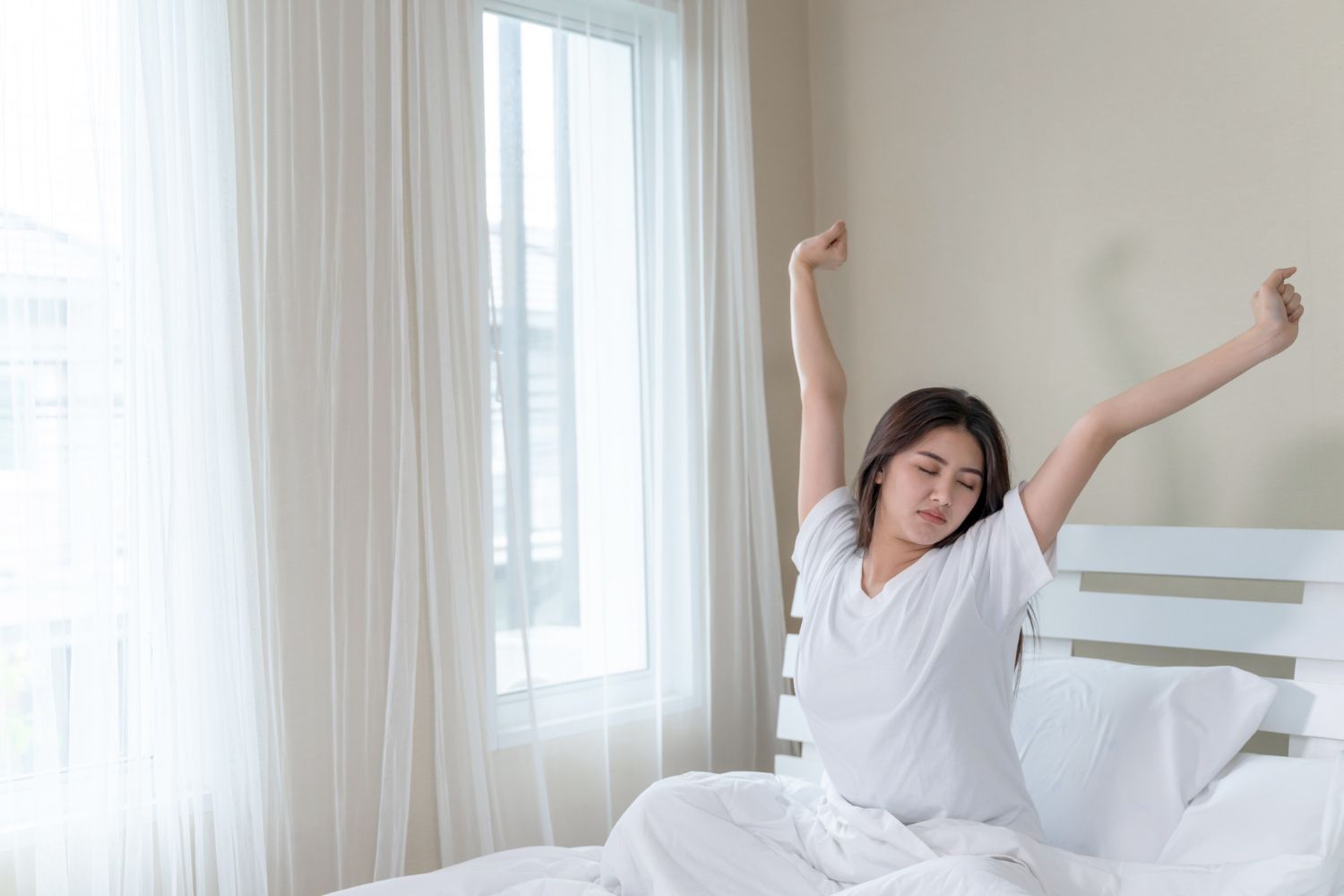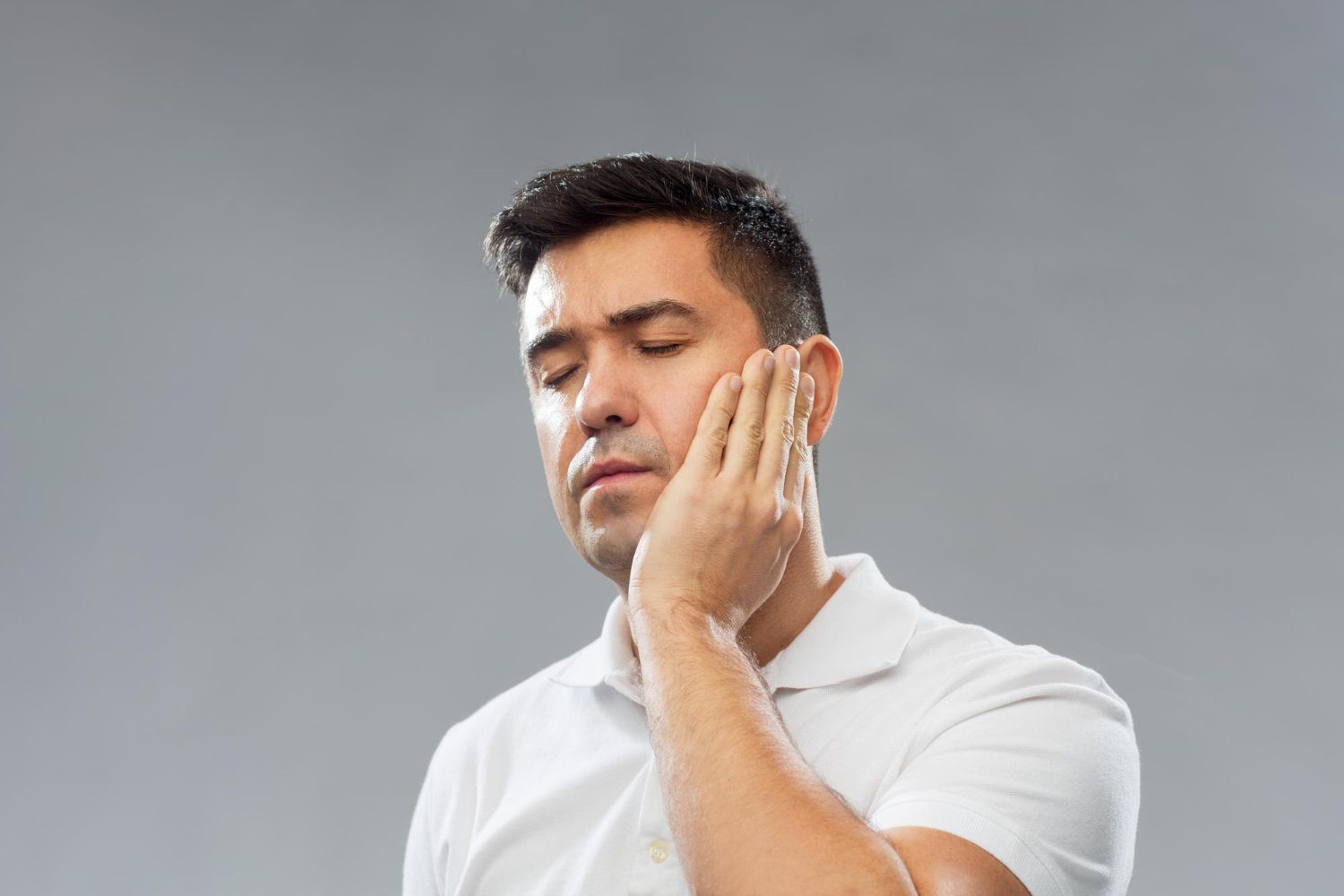Identifying and Treating Pediatric Sleep Apnea: A Comprehensive Approach

Sleep, as we all know, is a vital part of a child's overall health and well-being. However, not all children have the luxury of uninterrupted, peaceful sleep. Some are interrupted by a condition known as pediatric sleep apnea, a sleep disorder that can significantly impact a child's life. The good news is that it's not a condition that needs to be suffered in silence.
There's help available, and it comes in the form of comprehensive care from The Center for Sleep Apnea and TMJ in Meridian. This comprehensive approach isn't just about treating the symptoms, it's about identifying the root causes, understanding the child's unique situation, and developing a tailored treatment plan.
This is about more than just medicine; it's about providing holistic care that takes into account the child's physical, emotional, and psychological well-being. So, let's dive deep into the world of pediatric sleep apnea, its identification, and the ways it can be effectively treated.
Understanding Pediatric Sleep Apnea: Symptoms and Causes
Pediatric sleep apnea is a sleep disorder in which a child's breathing is repeatedly disrupted during sleep, resulting in decreased oxygen levels and fragmented sleep. It’s essential to be aware of the symptoms associated with this sleep disorder, as early identification can prevent significant complications. The common signs and symptoms of pediatric sleep apnea include:
1. Snoring: Loud and constant snoring is often the first and most noticeable symptom of pediatric sleep apnea. However, it is important to note that not all children who snore have sleep apnea.
2. Pauses in breathing: Children with sleep apnea may have noticeable periods during sleep when their breathing stops, followed by a gasp or snort as breathing resumes.
3. Restless sleep: Kids with sleep apnea may toss and turn during the night as their bodies struggle to maintain a consistent breathing pattern.
4. Night sweats: Disrupted breathing can lead to increased perspiration during sleep, resulting in children experiencing frequent night sweats.
5. Daytime symptoms: Sleep disruptions associated with sleep apnea can lead to excessive daytime sleepiness, irritability, poor attention span, and decreased academic performance.
The primary cause of pediatric sleep apnea is often the enlargement of the tonsils and adenoids, which can obstruct the airway during sleep. Other factors that contribute to the development of sleep apnea in children include obesity, family history, and structural abnormalities of the face or airway.
Potential Risks Associated with Untreated Pediatric Sleep Apnea
If left unaddressed, pediatric sleep apnea can lead to several complications that can significantly impact a child's health and development. Some of the potential risks include:
1. Growth and developmental delays: Sleep apnea can cause interruptions in the production of growth hormones, resulting in delayed physical growth and compromised emotional and cognitive development.
2. Behavioral issues: Children with sleep apnea may experience mood swings, irritability, and concentration difficulties, which can negatively affect their social interactions and academic performance.
3. Cardiovascular problems: Sleep apnea can place increased strain on a child's heart, leading to hypertension, heart rhythm abnormalities, and an elevated risk for heart disease later in life.
4. Decreased quality of life: Children who suffer from untreated sleep apnea may struggle with chronic fatigue, impacting their daily activities and leading to a reduced enjoyment of life.
Diagnostic Process and Treatment Options at The Center for Sleep Apnea and TMJ in Meridian
Early identification and treatment of pediatric sleep apnea are essential to protect your child's health and development. At The Center for Sleep Apnea and TMJ in Meridian, the process begins with a comprehensive evaluation to identify the underlying causes of your child's sleep disturbances:
1. Thorough Examination
The team at The Center for Sleep Apnea and TMJ in Meridian will perform a thorough assessment, reviewing your child's medical history and conducting a physical examination. This will help in identifying any potential factors or structural abnormalities contributing to sleep apnea.
2. Sleep Evaluation
A sleep evaluation may be recommended to determine the severity of your child's sleep apnea and to gather more detailed information about their sleep patterns. This evaluation can involve a home sleep study or a supervised sleep study in a specialized facility.
3. Personalized Treatment Plan
Following the evaluation, a personalized treatment plan will be designed to address your child's unique needs. The treatment options may include:
- Tonsil and adenoid removal: In many cases, the removal of enlarged tonsils and adenoids can effectively treat pediatric sleep apnea.
- Weight management: If obesity is a contributing factor, weight management interventions can help relieve sleep apnea symptoms.
- Continuous positive airway pressure (CPAP) therapy: CPAP may be recommended in certain cases, although it is less commonly used in pediatric patients.
- Oral appliances: In some cases, custom-made oral appliances can help maintain an open airway during sleep.
- Lifestyle modifications: Implementing good sleep hygiene practices and optimizing your child's sleep environment can promote more restful sleep.
Unveiling Pediatric Sleep Apnea: Causes, Symptoms, and Treatments
Pediatric sleep apnea is a critical health issue that requires prompt attention and expert care to improve your child's sleep quality, growth, and overall well-being. Trust the dedicated team at The Center for Sleep Apnea and TMJ to provide comprehensive, compassionate, and evidence-based solutions for your child's sleep health. Contact our
sleep apnea clinic in Meridian today to ensure your child receives the care and support they need for a healthier, happier future.










